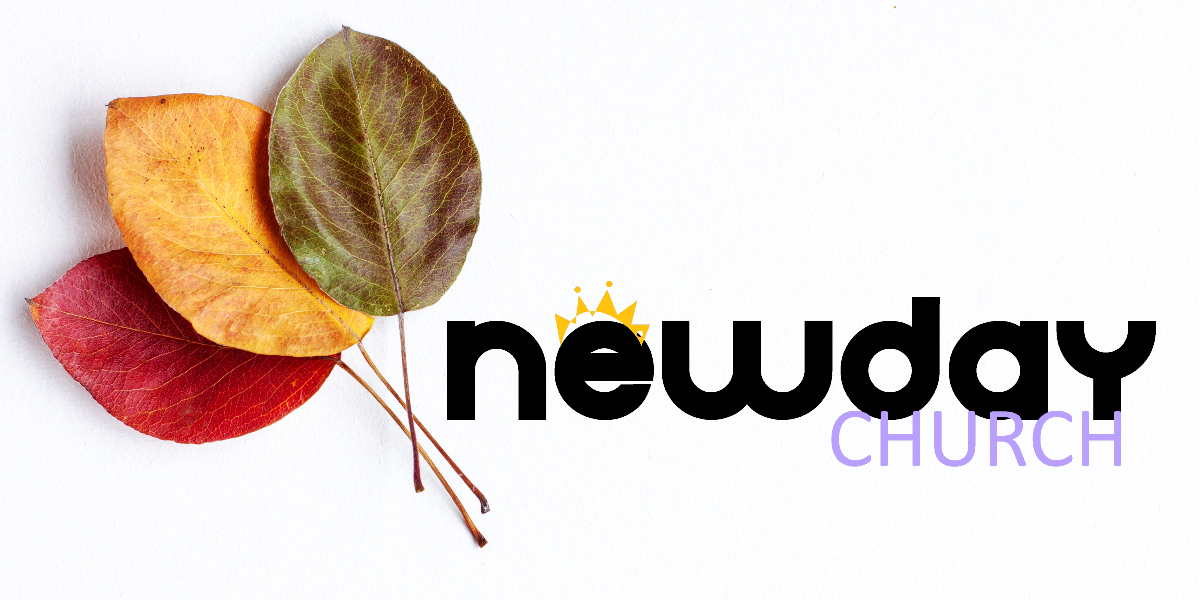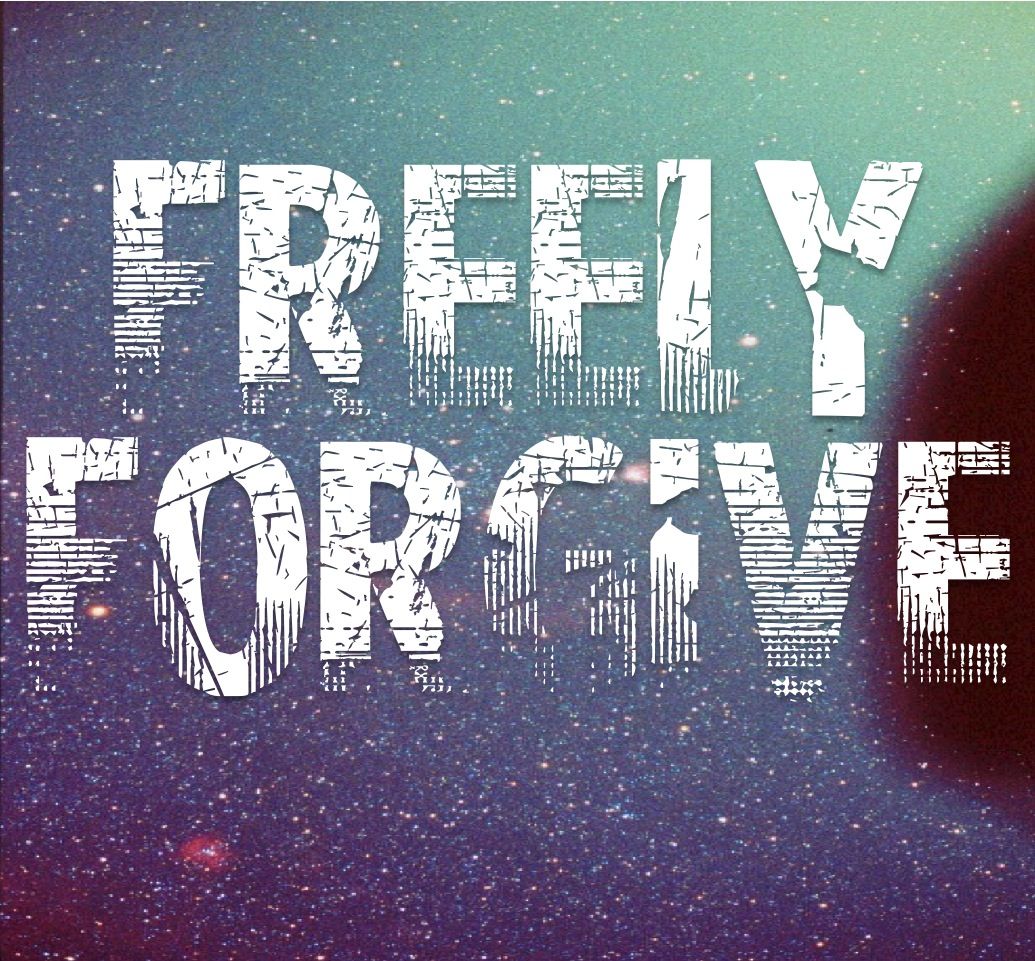WE NEED EACH OTHER!
King David was a great guy. Except when he wasn’t. David did a lot of admirable things, like accepting God’s decision to make him king and being patient waiting to become king. But David also made some huge mistakes.
His most notable was when he cheated with another man’s wife and then had the man killed in battle; he basically committed murder to try and hide his sin. David was the king at this point, so who was going to hold him accountable for that? Who was going to be able to accuse a king of murder and not be murdered themself?
Enter Nathan the prophet. As a prophet, Nathan’s job was to speak to people on God’s behalf. But Nathan was still a human. If you read ahead in the books of Kings and Chronicles, speaking for God didn’t mean kings wouldn’t try to kill you if they didn’t like what God had to say through you. So Nathan was in a tough situation, but he boldly obeyed God and went in to confront David anyway.
How Nathan confronted David, though, can only be described as brilliant and inspired by God. Nathan knew David would be angry, but Nathan found a way to direct David’s anger to his own sin in a really clever way. Nathan told David a story, which you read in 2 Samuel 12:1-14. David got so mad at the rich man in the story for how he treated the poor man that he ordered the rich man killed. And then came Nathan’s mic drop: “You are the man.”
Imagine how Nathan must have been feeling, how many times he must have practiced his story, and imagined how it might end. He must have been nervous, if not completely terrified. And when the moment came, did he hesitate? Did he have to take a deep breath? All we know is that he went ahead and said it. He called David out, regardless of David’s position and what his response was going to be. Fortunately for Nathan, and to David’s credit, David owned up.
The tone changed at that moment. Nathan’s response to David’s humility, ownership, and confession was compassion. Nathan was simply delivering the news of God’s response to David, but he was sure to remind David after he confessed and repented, “God has already put away your sin.” David still had to live with the consequences of his actions, but his guilt had been forgiven by God. So whichever side you find yourself on—being called out or having to call someone out—you can stand boldly to face fear or to face consequences because “God has already put away your sin.”
Abiding in His grace and truth,
Pastor Christopher
BE BOLD! BE COURAGEOUS!
I want to open this article with three questions for your consideration… Can you think of a time someone’s encouragement helped you overcome fear so that you could do something you knew needed to be done? Is there someone you could encourage right now? What’s one step you can take to defeat discouragement?
We’re jumping into the middle of Esther’s story in chapter 4, so let’s catch up: Esther, a Jew, had been made queen after the Persian King Xerxes was displeased with his previous wife. Haman, King Xerxes’ right-hand man, hated Mordecai, Esther’s uncle because Mordecai had refused to bow to him. Haman extended that hate out to all Jews and stretched some truth to convince King Xerxes that all Jews should be killed. The king, due to some misplaced trust and bad information, agreed.
In Esther 4, Mordecai challenges Esther to use her position as queen to save the Jews. Her hesitation makes sense since she was only in her position because the king had dismissed his last wife, and he hadn’t called to see her in a whole month. Would he even let her talk to him? She could literally lose her life just by coming to see the king without being summoned.
Esther’s courage in the face of potential death didn’t come out of thin air. Two things seem to have convinced her to take action even though she feared for her life: a good pep talk and support from her team. If you play sports or have watched any sports movies, you can imagine the scene: The coach or captain gives an inspiring speech reminding the team of the reason they need to get back out there even when they’re down. The team has a moment as a group that brings them together and assures them that however things turn out, they are in it together and can trust each other out there.
Esther has a similar experience. Once Mordecai’s message convinces her she needs to go to the king, she needs support. She asks those closest to her to join her in a fast to prepare for the moment she goes to see the king. Esther also asks Mordecai to ask everyone he can to join them too… and they do.
Mordecai’s words in 4:14 not only inspired Esther to act but have inspired many others to act despite their fears for generations after. The word “encourage” comes from the idea to give courage. We see Esther’s boldness in how she is willing to go to the king and in how she prepares. We see Mordecai’s boldness when he gives courage to his niece to use what she has for the good of the people.
Our Heavenly Father used unlikely people to accomplish something great. He did it then through Esther and Mordecai. He is looking to do great things with you and me now. We’ve got some work to do! Praise God! He will empower us through the Holy Spirit to do the same things Jesus Messiah did and even greater. Let’s go!
Abiding in His grace and truth,
Pastor Christopher
PRAY FOR PEACE IN ISRAEL…
In Psalm 122:6 all believers are encouraged to, “Pray for the peace of Jerusalem: ‘May they prosper who love you.’” Israel needs our continued prayers, especially while currently facing a war against Hamas. Perhaps you wrestle with knowing how to pray for Israel. The following prayer points are from Dr Mitch Glaser from Chosen People Ministries. I think they might help give us some ideas about how to pray for the peace of Jerusalem more effectively. Dr Glaser encourages us to…
- Pray for Jewish Israeli and Palestinian leaders to both negotiate a temporary, politically-based peace and to also find peace in their hearts through accepting Jesus.
- Pray for the work of God’s people in bringing the message of the Gospel to the almost two hundred thousand Holocaust survivors living in Israel.
- We should also pray for the quiet reconciliation efforts of Jewish and Arab believers in Israel seeking to encourage one another by developing deeper relationships between the Jewish and Palestinian Church. There are over 140 congregations in Israel, ranging from small house fellowships to established places of worship. Pray that the work of the Prince of Peace will grow among Jewish Israelis and Palestinians and that they are enabled to provide a powerful witness of Messiah’s reconciliation among their neighbors.
- Pray as well for God to help the Church in the United States to be better informed about what is happening in Israel and to find ways to glean information for continued prayer outside of the slanted approach of the media.
- Praying for the peace of Jerusalem reminds us of our blessed hope! Even though peace is elusive today, it is still our prophetic destiny. As Isaiah 2:4 reads, “He will judge between the nations, and will render decisions for many peoples; and they will hammer their swords into plowshares and their spears into pruning hooks. Nation will not lift up sword against nation, and never again will they learn war.”
The peace we are seeking is now available for all people through Jesus Christ our Messiah, as this peace transcends the terror of the war with Hamas and whatever conflict or suffering this world thrusts upon the nation and people of Israel. In John 14:27 Jesus said, “Peace I leave with you; My peace I give to you; not as the world gives do I give to you. Do not let your heart be troubled, nor let it be fearful.” His peace is all we need today to keep our hearts from being consumed with fear.
Abiding in His grace and truth,
Pastor Christopher
REMEMBER TO GIVE THANKS!
“So lift your hands and thank God for his marvelous kindness and for all his miracles of mercy for those he loves.” -Psalms 107:8 TPT
In the Old Testament, we find an interesting story of how King Jehoshaphat took an uncommon approach when his enemies waged war against him. Instead of sending in his army first, he sent the choir and musicians.
Imagine the scene: “All right, guys, here’s the plan today. An army is out there, armed to the teeth. So we are sending in the choir and the musicians.” If I had been a choir member or musician, I might have wondered whether the king liked our music.
But God had directed Jehoshaphat in this unusual battle tactic. We read that Jehoshaphat appointed people to sing to the Lord, praise the beauty of holiness, and go out in front of the army saying, “Praise the Lord, for His mercy endures forever” (2 Chronicles 20:21).
So that is exactly what they did. The Bible tells us that when they began to sing and praise, God sent an ambush against the enemy, and they were destroyed. God’s people were able to go into this situation giving thanks, because He was in control.
In approaching God to ask for new blessings, we should never forget to thank Him for the blessings He has already given.
Have you recently come to God for help and He came through for you? Did you come back to say “thank you”?
If we would stop and think how many of the prayers we have offered to God have been answered, and how seldom we come back to God to thank Him, it just might amaze us. We should be just as deliberate in giving thanks to God as we are in asking for His help.
Abiding in His grace and truth,
Pastor Christopher
FREELY FORGIVE!
Have you ever met people who were proud or stubborn? Have you noticed they have a hard time saying “I’m sorry” or “Please forgive me; I was wrong”? Why is it so hard to say “I’m sorry?” and “Please forgive me”?
I believe it has a lot to do with false pride and insecurity. Insecure people do their best to protect their fragile egos. Their self-worth is often based on performance, titles, or possessions. False pride is built on things that will pass away and by comparing ourselves to others.
Healthy people are at peace with themselves. They accept their weaknesses and strengths. A Christian has the best opportunity to be healthy because he/she is unconditionally accepted by God. Do you know you are unconditionally accepted by God? That is a core truth you can claim and internalize. Can you repeat after me? “I’m unconditionally accepted and loved by God.”
Another truth that will help your emotional health is to ask for forgiveness from others. Shame and guilt are subconscious time bombs that can only be defused by this form of humility. The Bible says in James 5:16 NIV…
“Therefore confess your sins to each other and pray for each other so that you may be healed. The prayer of a righteous person is powerful and effective.”
A few years back I made a list of people I hurt with the purpose to make amends with them. I found them and asked them to forgive me. I admitted my faults and made amends. These steps healed me and freed me from my past and the sham of self-protection.
I’d love for you to try this lifestyle of humility. Make a list of your wrongs and start making some phone calls or visits. Be humble, admit you were wrong, and ask people to forgive you. Asking for forgiveness will not make you feel inferior—it will free you to fly higher and be the real you. You’re a miracle.
Abiding in His grace and truth,
Pastor Christopher
















